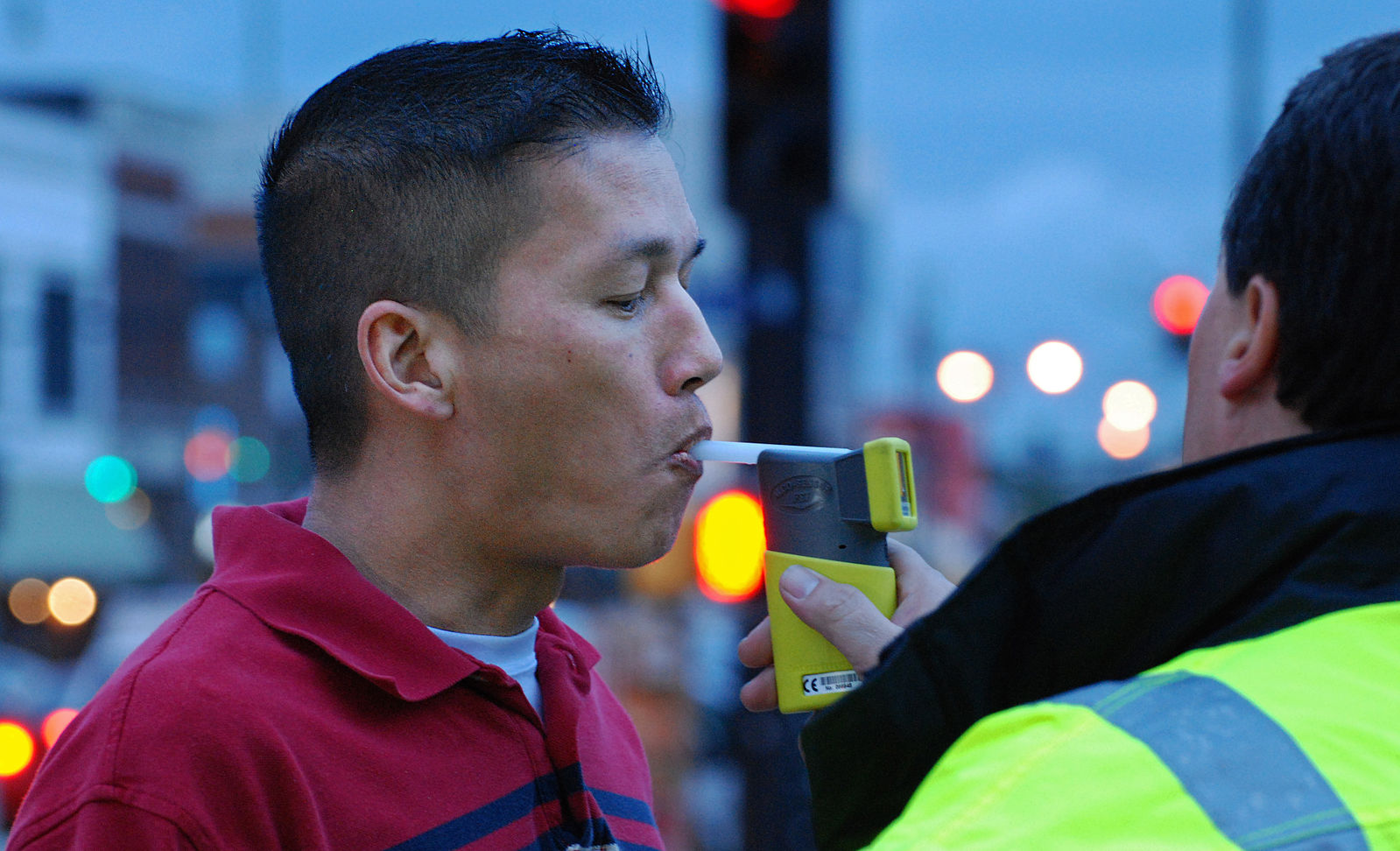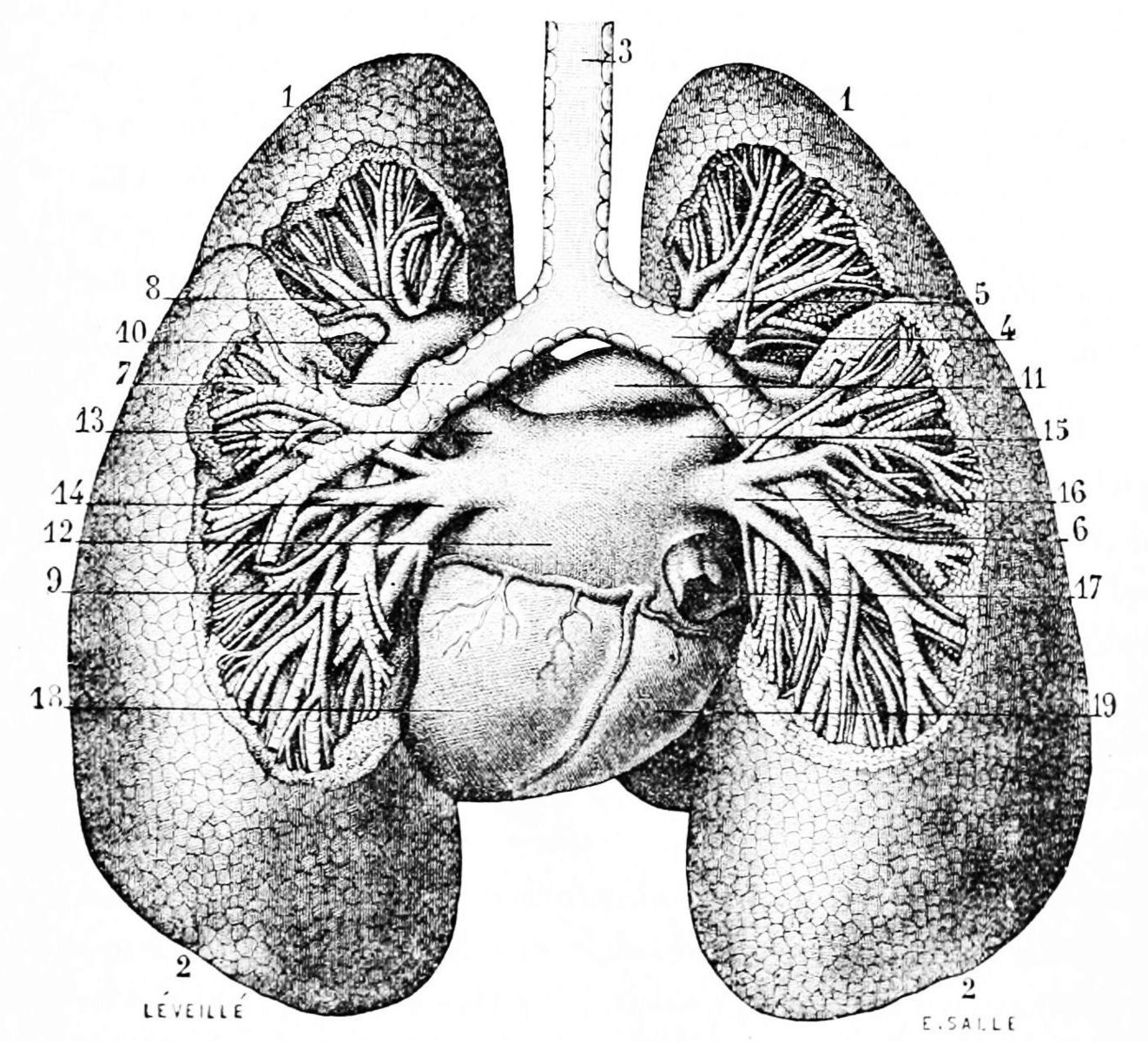Why Breathalyzers Could Be Telling Lies

By:
If you've been pulled over, the breathalyzer test can be the difference being sent home with a warning or getting slapped with a DUI and losing your license.
With so much riding on the results of that test, you'd hope it would be extremely accurate, and that it wouldn't be biased against certain types of people. Unfortunately, that's not always the case, according to some civil rights advocates.
While drunk driving prevention is very important — the Center for Disease Control and Prevention (CDC) claims 30 people die every day because of intoxicated driving in the United States — some experts argue that those prevention efforts can lead to innocent people being unfairly punished.
(Note: "breathalyzer" in this story refers to all machines designed to test blood alcohol content, not the specific brand, known as "Breathalyzer.")
It turns out the breathalyzer doesn't measure what it's thought to measure.
"The main problem is that the assumption of a breath test machine is that when you exhale you're [exhaling] the air as it comes from the deep lung, the alveoli," Dr. Michael Hlastala, a professor of physiology and biophysics at the University of Washington, told ATTN:.
He explained that to get a good sense of a body's alcohol levels, the breathalyzer needs to get a sample of deep lung air. However, breath includes air from all throughout the respiratory system. As a result, alcohol molecules travel up through the throat and interact with mucus, and since alcohol is water soluble, that interaction can change the amount of alcohol that comes out with the breath. Wikimedia/KOMUnews - wikimedia.org
Wikimedia/KOMUnews - wikimedia.org
Even a representative for one of the most popular breathalyzer companies told ATTN that creating a machine capable of producing reliable test results is extremely difficult.
"It's not easy to make an accurate breathalyzer, so you cannot trust all breathalyzer brands," said BACtrack's marketing VP Stacey Sachs, who nevertheless insisted that her company's product was highly reliable.
 Wikimedia/Unknown - wikimedia.org
Wikimedia/Unknown - wikimedia.org
Lung Capacity
"The breath test is biased against certain individuals," Hlastala said. "For example, it's biased against people that exhale farther into the breath test machine."
The breathalyzer requires a certain volume of breath to come out before the test is complete. Since some people have smaller lungs, they have to breathe deeper to satisfy the test requirements. A deeper breath means more alcohol molecules come out.
"It's biased against people who have smaller lungs," he said. "By that I mean females compared to males, older people compared to younger people and shorter people compared to taller people."
Hlastala said the more breath that comes out, the higher the alcohol level goes.
 Wikimedia/versageek - wikimedia.org
Wikimedia/versageek - wikimedia.org
Disease and Illness
If someone has a disease or illness that affects the airways or lungs it can significantly impact a breathalyzer's ability to accurately determine their alcohol levels. For example, obstructive lung diseases like asthma and emphysema can affect the results of a breath test by impairing a person's ability to exhale. Other ailments, like chronic bronchitis, cause increased mucus production, which can affect how alcohol molecules interact with the airways. There are also restrictive lung diseases, like fibrosis, which can reduce lung volume.
Other factors
Anxiety and stress can also affect test results, Hlastala said. If someone is nervous enough that they are hyperventilating, that'd change how the test reads their alcohol levels.
Using mouthwash or cough drops can also increase mouth alcohol levels, which will affect how much alcohol comes out for the test.
Beyond what's inherently wrong with the breathalyzer, civil liberties advocates have said police departments often don't maintain breathalyzers well enough, which can cause them to malfunction.
Hlastala tolld ATTN: that he believes the main reason police department haven't reconsidered the use of breathalyzers is because they're so ingrained in modern policing. "I think it hasn't been fixed because it's been used so much and defended in court so much that it's difficult for forensic scientists to accept newer science," he said. "It's been accepted as being accurate for so long."
